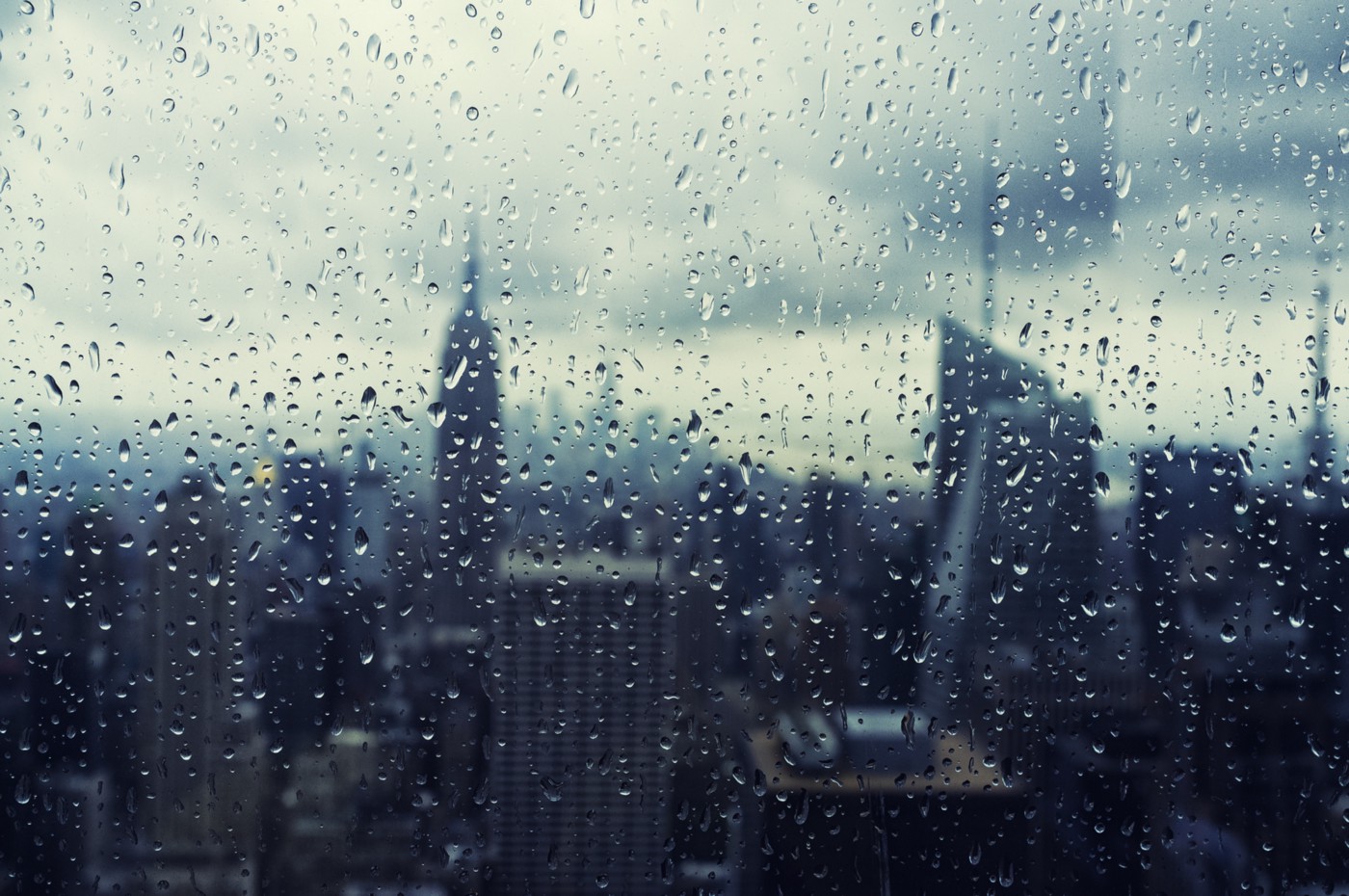
Like many north easterners, I’m still digging myself out from the destruction of Hurricane Ida — or, as my insurance company reminds me—“tropical depression” Ida, which is not eligible for a claim on my special “hurricane extension.” Although I lost some precious archives (letters from Timothy Leary, the first dozen Teenage Mutant Ninja Turtle comics, newspapers saved from the JFK assassination, moon landing, and Nixon resignation) the real damage was light. My finished basement is now, well, finished in another way.
But the waves of muddy water that took out my home office did a whole lot worse to many of my friends and neighbors, who could only watch as cars floated into their homes, their kids had to be rescued from upstairs floors by fire fighters, and their houses became unlivable. Nothing like this had happened here in anyone’s living memory.
As I looked over the devastated high school track and football field with a former local cop who has lived here for 65 years, he remarked to me “well, at least we don’t have to worry about this happening for another thousand years.” He was taking the weather reporters’ claim that this was a “thousand year” event literally. Like a financial advisor who claims that stock market investments eventually revert to the mean and produce steady gains over time, he was assuming that nothing fundamental has changed. Now that we had our once-in-a-millennium storm, everything would surely be fine for the rest of our lifetimes.
Of course, those of us who believe the 99% of the scientific community that the forest fires, increased rainfall, extreme weather, rising ocean temperature, melting of glaciers, erosion of topsoil, depletion of aquifers, and so on, are part of a new trend, understand such events differently. Like the plumbers and contractors who have been doing storm repairs, we accept that since at least Hurricanes Katrina and Sandy, we have been in a “new normal” of extreme weather events, and that our current infrastructure is not up to the challenge. My even bigger concern is that we, as a society, are not up to the challenge.
Yes, I am heartened by the love and responsibility neighbors are showing one another. Two of my friends joined me with buckets to bail water out of my basement until 2am last night. Others are already working on meal trains for those without power or kitchens, and our volunteer fire department has been pumping out people’s houses round the clock — while their own families struggle at home without them.
But I am concerned by how quickly so many on social media want to either ridicule flood victims for being soft urbanites, or pre-dismiss all suggestions that there is something actually going on here. “We used to call this weather,” one commenter added to a thread from an alarmed New Yorker.
The opportunity right now, as so many people are simultaneously confronting the reality of everything from extreme heat and smoke inhalation to failing crops and collapsing bridges, is to remember the rather limited control we have over our greater world. Yes, human activity has certainly impacted our natural environment and weather system. But this doesn’t mean we are in control of anything. It’s more like a toddler who accidentally pulls a giant chest on top of themself by climbing up the drawers as if they were steps. They had impact but were never in command.
Likewise, we may have triggered some of the calamity we’re now experiencing by burning more of the earth’s stored energy than the atmosphere could process. This raised ocean temperatures so that the “cool” water sucked up into hurricanes doesn’t decrease their energy like it used to, keeping them active longer. We did that. But now that the effects of our own activity are upon us, we have no more power to mitigate them than the toddler does of preventing chest of drawers from toppling over. The best we can do is get out of the way.
This means learning to move around, accepting the reality of climate refugees coming to a border near you, building with a mind toward resilience, and showing more respect for the overwhelming power of nature—even if we are responsible for unleashing it.